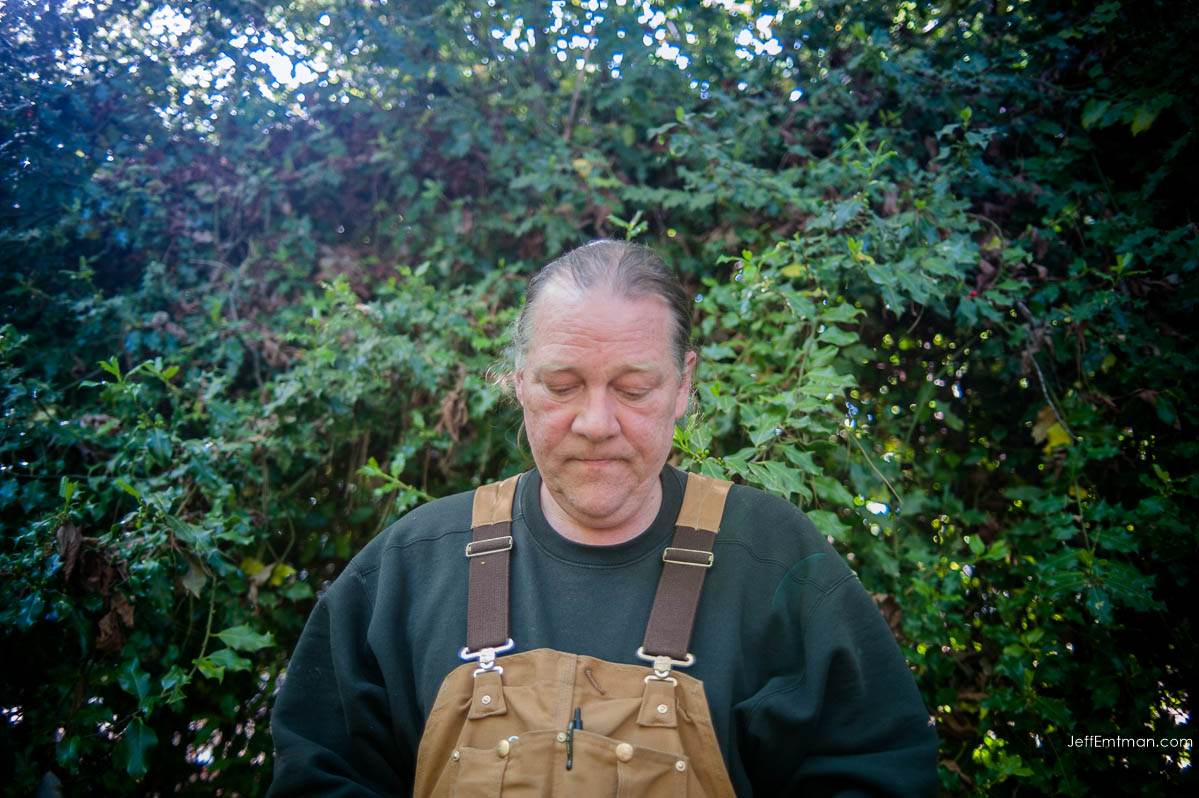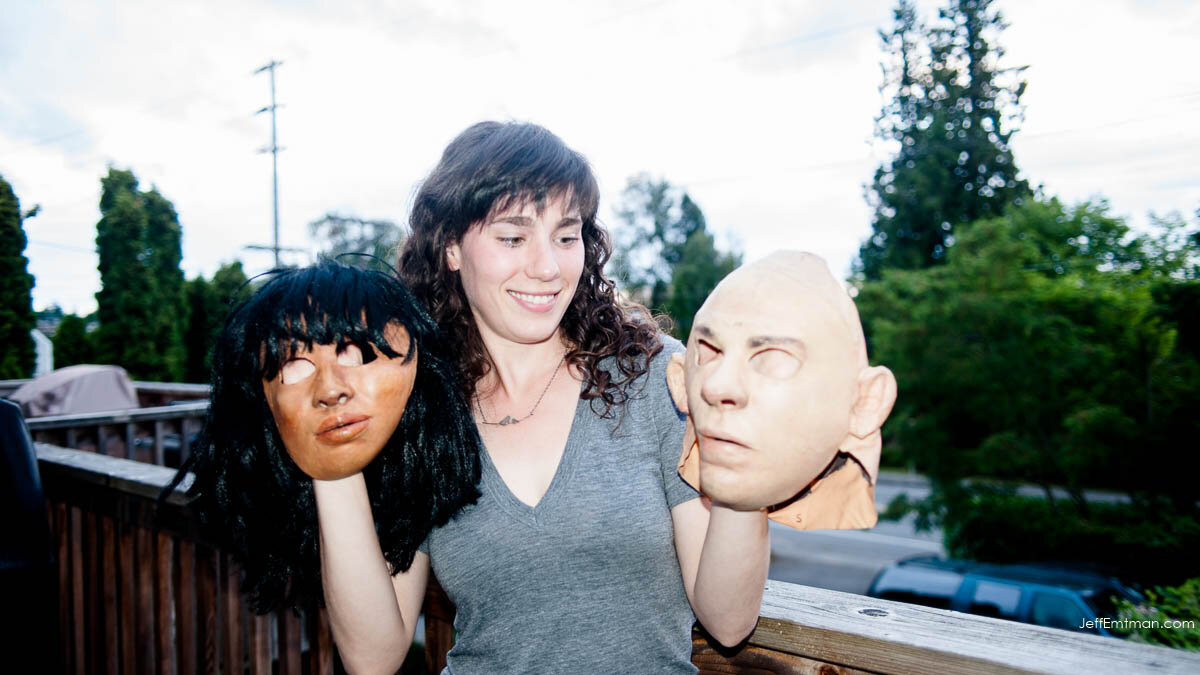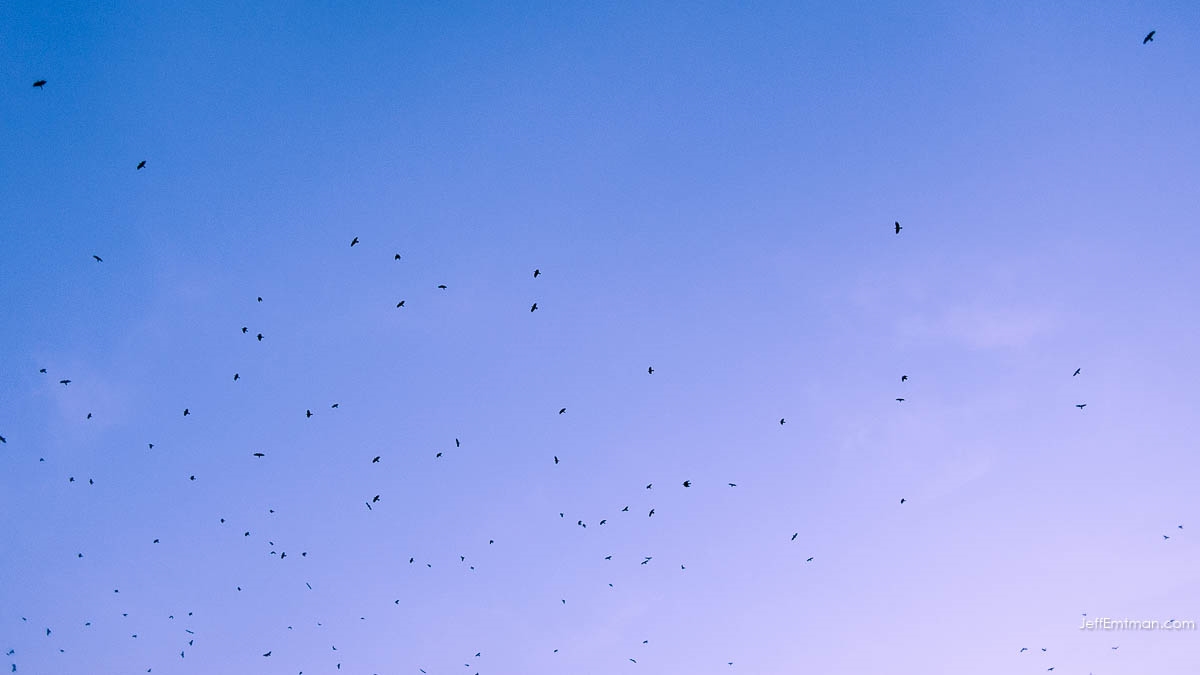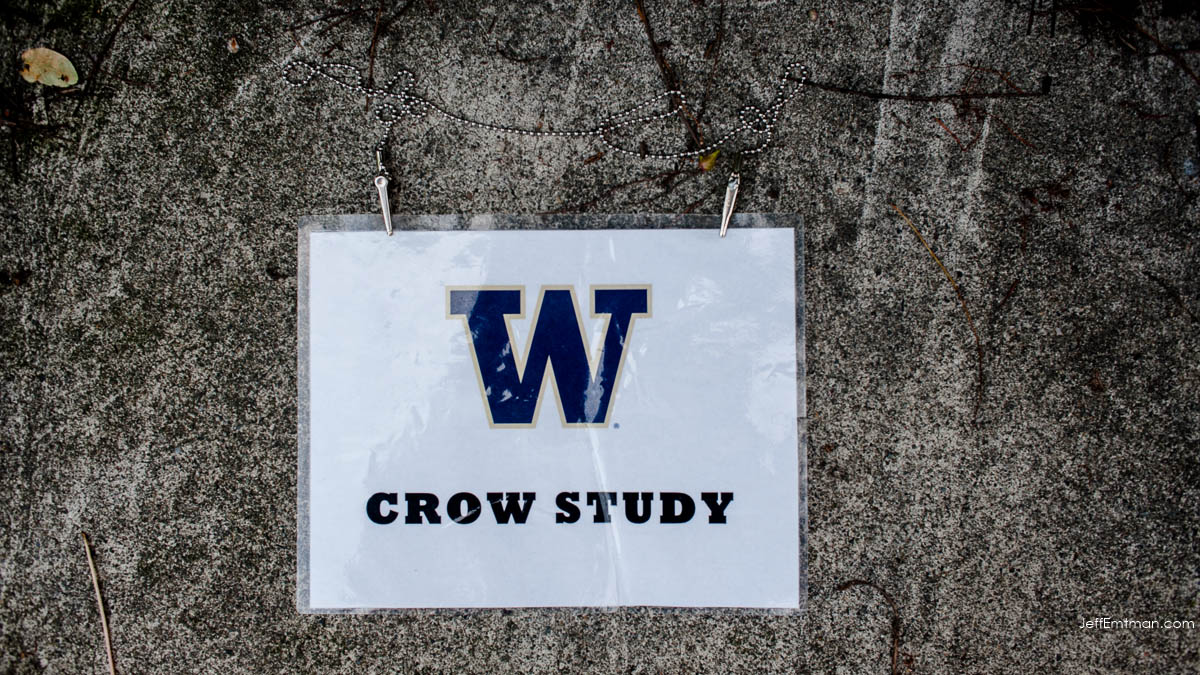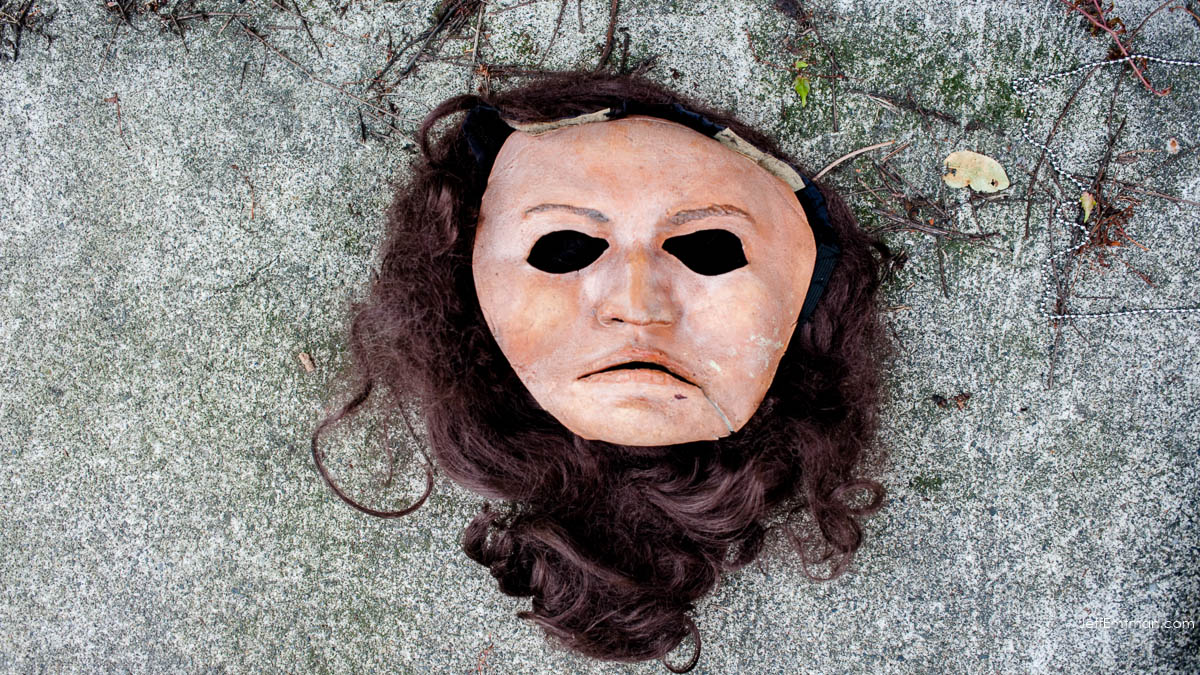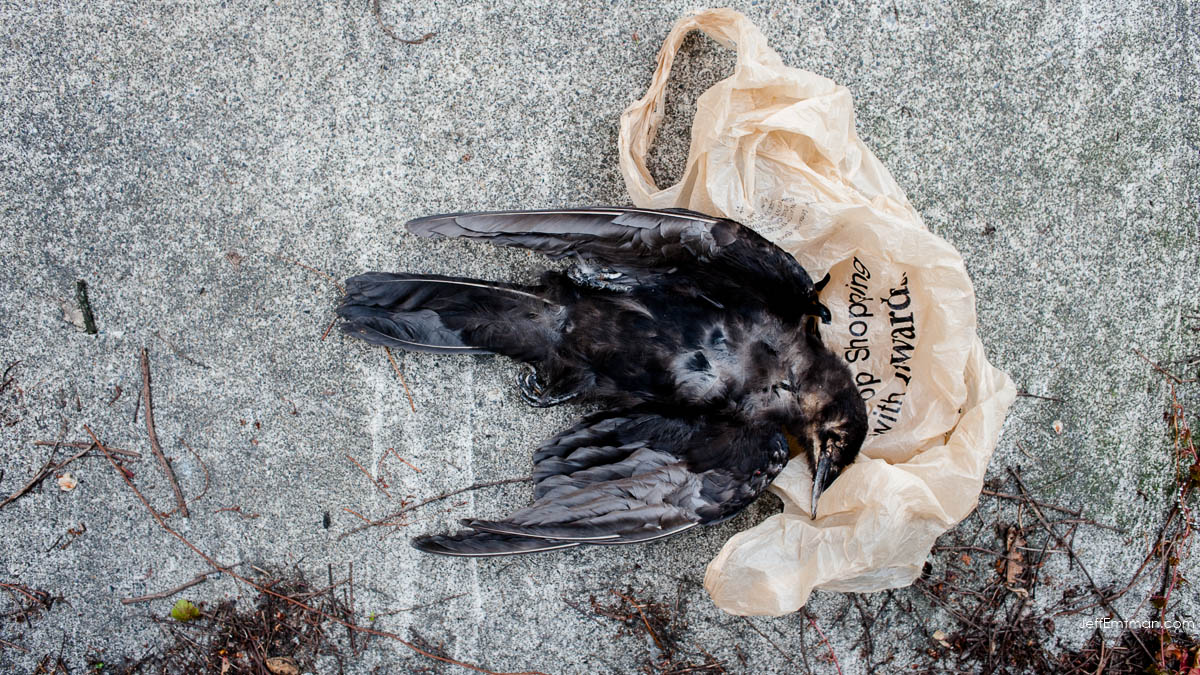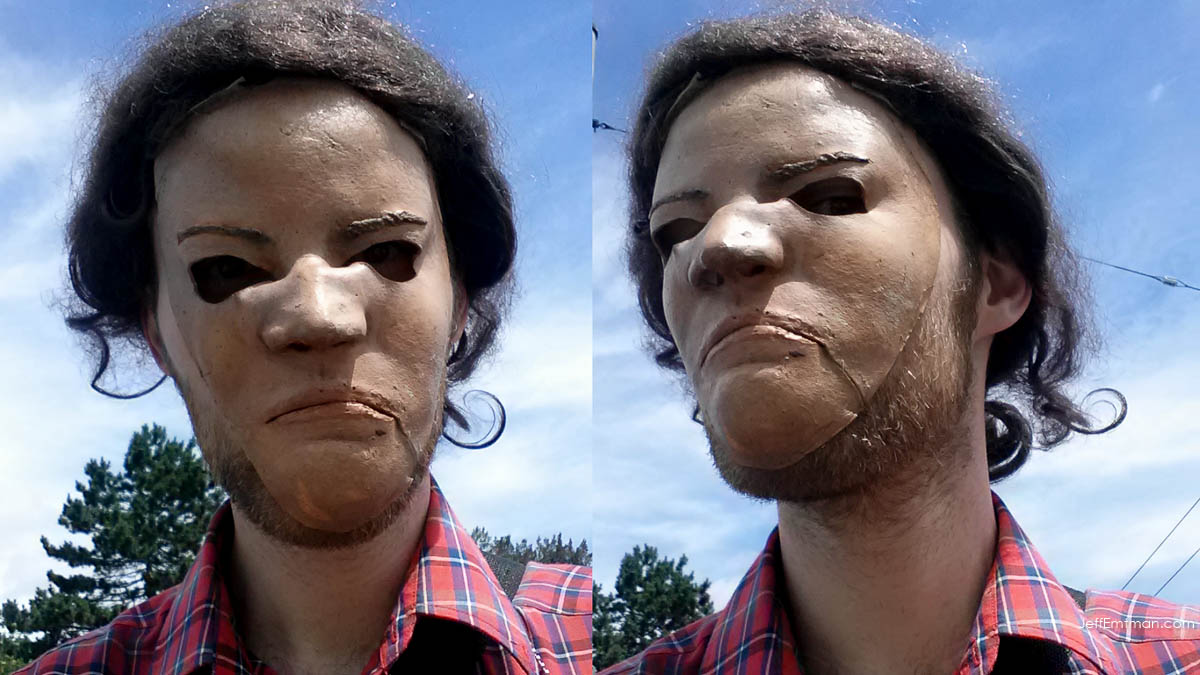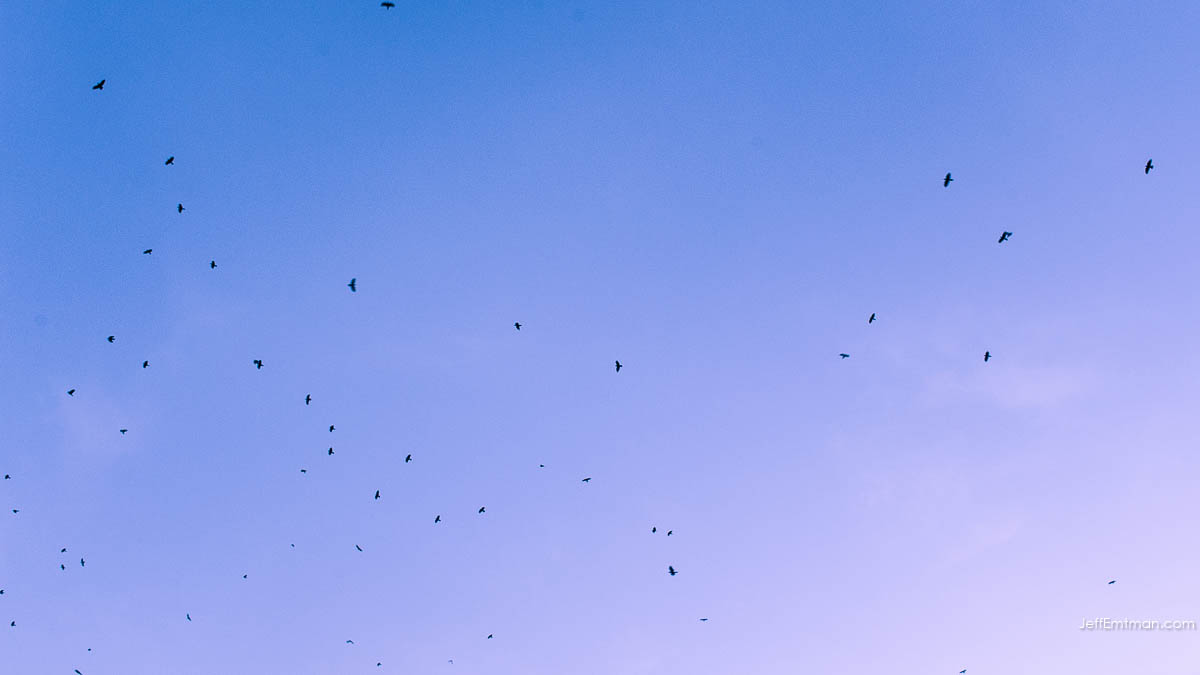HBM047: Peacocks Without Tails
/Jeff Emtman’s bald head generated by some questionable artificial intelligence.
When Hippocrates noticed that the hair on the top of his head was falling out, he fought it by applying various ointments of opium to his scalp. But none of them worked. So he called it a disease and named it "Alopecia" (translated to "disease of the fox") after the mangy, hairless foxes that wandered Greece in those days. His friends called it something different though, they called it a "Hippocratic Wreath." He also tried sheep urine. That didn't work either.
Content Note: Language.
Like Hippocrates, HBM Host Jeff Emtman is concerned about his hair loss. And unlike Hippocrates, Jeff is staying away from opium and sheep genitals. However, he wants to know if there's a relationship between baldness and vanity, so he found three bald (and bald-ish) people asked them to share stories of their hair and how they lost it, how they fought it, how they dealt with it, along with their wishes and regrets.
Jeff Emtman interviewed:
- Brian Emtman (Jeff's brother), who lost his hair at 20
- Eric Nucci, who has genetically thin hair
- Carrie McCarty, who has trichotillomania, a hair plucking psychiatric disorder
If you're a die-hard Here Be Monsters fan, you'll recognize Carrie's voice from a short radio piece called Psychic Blob, wherein Carrie extracts a benign tumor from Jeff's arm in her backyard.
Track image for this episode comes from an app called Make Me Bald (free, Android only).
Music: Monster Rally, Lucky Dragons, The Black Spot, Flowers, Serocell
Brian Emtman Hiking in the Cascade Mountains of Washington State.
Eric Nucci in 7th grade
Carrie McCarty composited on to the body of an antelope (per her request)

























